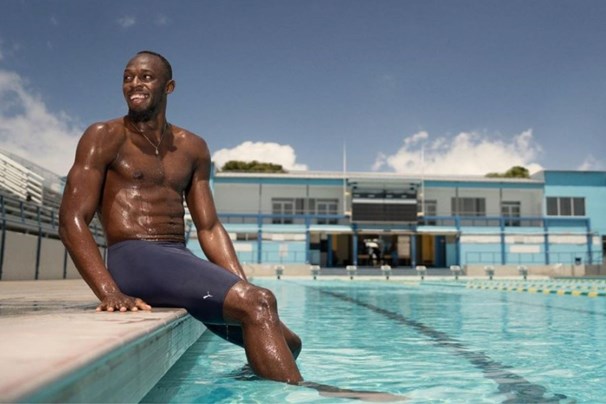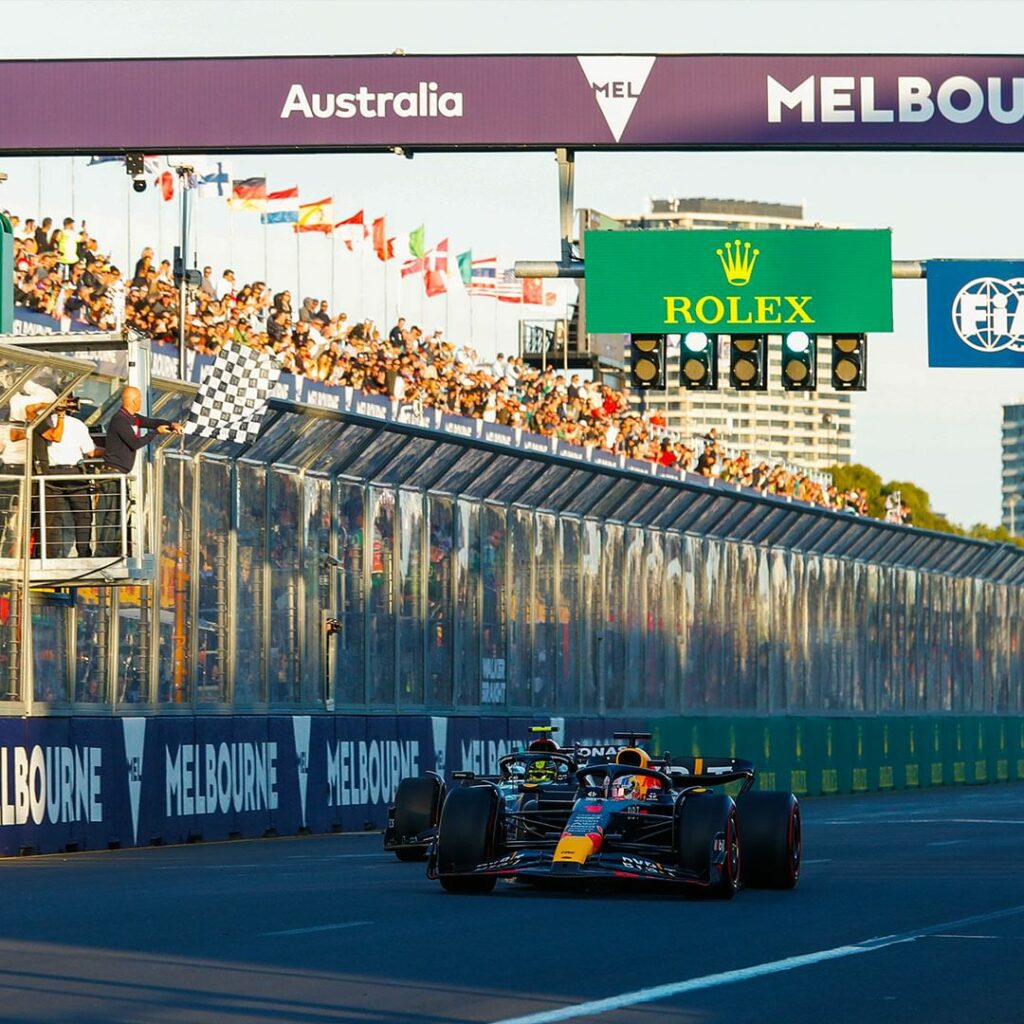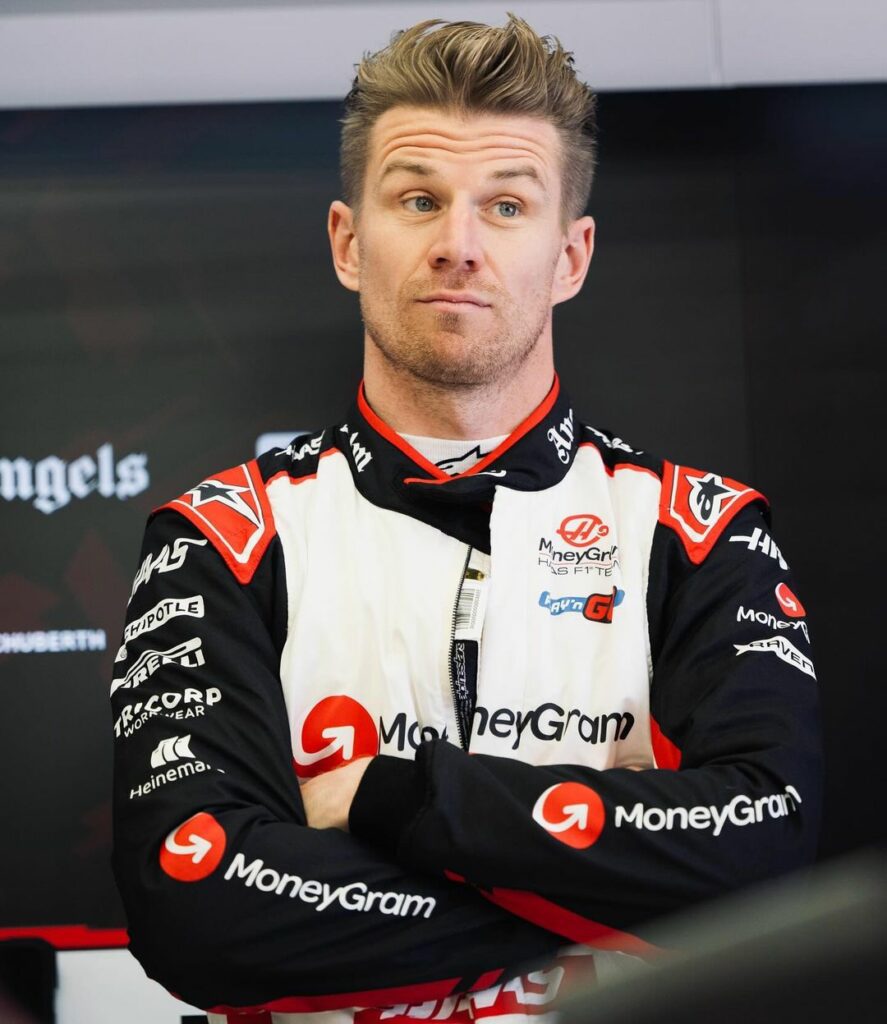If ever there were a name synonymous with the Olympics and the celebrations that have the power to unite the world, it’s Usain Bolt. With his trademark charismatic smile and infectious energy, Bolt brought a refreshing enthusiasm to the world of sprinting that had for so long seen only the most serious, hardened professionals line-up in the starting blocks. It was devastating then, when Bolt announced his retirement. With the kind of speed that few could ever even aspire to, it seemed like Bolt would continue forever, like some kind of Energizer Bunny whose batteries never needed replacement. But now, Bolt has a new project on his hands that demands all his focus: fatherhood.
The legacy of Bolt is a profound one. At his peak, Bolt was an intimidating force on the track. He won 134 of his 146 races between 2008 and 2017, won eight Olympic gold medals and 11 world titles along the way. He navigated early success largely alone, and while he believes he could have reached his peak sooner were he more dedicated to training, instead he found fast food and nightclubs, and motivation to train diminished.
In an interview with The Guardian, he explained: “It was tough for me because even in high school I was famous. Everyone knew who I was in Jamaica. And I didn’t have somebody who had already been through it to say: ‘You have to take this seriously, because this is what you could do.’ It was just my coach telling me to train hard. That’s why I try to talk to the younger athletes now and explain to them ‘get serious early man.’ Because the possibilities are endless.”
His motivation may have fluctuated, but his passion for fitness remains even in his retirement. These days, Bolt continues to train every day of the week. “I do a lot of cardio. And I’m on my Peleton too. Now I just need to sharpen up at the track and get my lung capacity up.” He’s even looking to take on the 800m distance on July 13 in a promotion for the US firm CarMax, with the challenge being streamed live on his Facebook page. The event is a challenge for Bolt, but not one that is tempting him to race properly again.
For Bolt, fitness is now a matter of just looking after his body. “I have tried to stay fit because my friends told me that when I retired I would get fat and I was like, ‘no way’. So I can’t let myself go when they have bet me it will happen in the next six to eight years. For me, it’s a pride thing,” he says. “I’m not going to let them win. I’m not going to give them the satisfaction.”
With the Olympics just around the corner, Bolt can’t help but think of his 100m world record of 9.58 seconds or his 200m best of 19.19 seconds. While he’s encouraged by the current crop of athletes and knows that they certainly have the ability to break such records, he also can’t help but look to the new super spikes that have transformed the landscape of athletics. “Me and a friend were talking about this the other day,” he told Sean Ingle of The Guardian. “And I was like, ‘should I be upset?’ Because I know over the years everyone has tried to make spikes different and better but…”
Bolt adds, “How can I argue if World Athletics decide that it’s legal? I can’t do anything about it. The rules are the rules. I don’t think I’ll be fully happy, but it’s just one of those things.”
Still, Bolt remains adamant that were he running in the age of the super spikes – shoes that feature a super light, energy-returning foam that are said to be worth at least a tenth of a second over 100m – he would have been able to go faster. “We have guessed and we have talked about it, but I don’t know for sure,” said Bolt. “But definitely much faster. Below 9.5 seconds for sure. Without a doubt.”
As for how fatherhood has changed him, Bolt reveals that the greatest thing he’s learned is patience. “In the past, my biggest problem was being patient with athletes. But when you have kids you have to be a lot more patient. That has made me think about coaching,” he explains.
“I have sat with my coach and starting picking his brain about different things – how he writes his programme and stuff like that – so you never know. Maybe in the future I will take on the challenge. Let’s see what happens.”
















